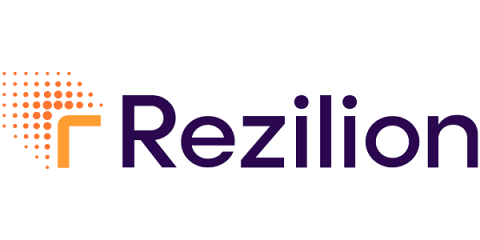How Software Workflow Integration Drives Product Security
Shift left approaches to software development can lead to enhanced software security without creating more work for developers. These initiatives are made possible in large part by workflow integration. Workflow is a big part of software development, because when it’s automated, workflow is what enables teams to complete tasks more quickly and increase efficiency and accuracy.






